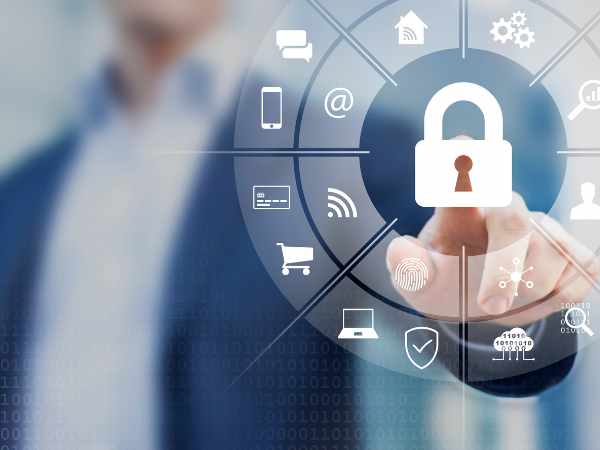Do Small Businesses Need Cybersecurity? 4 Key Reasons
Cybersecurity is a pressing concern for businesses across the board, but it’s especially important for smaller businesses to implement. These businesses are more vulnerable to cyber-attacks due to their minimal resources. So, with modern technology constantly evolving, it’s essential that you start enforcing cybersecurity for small businesses.
In this article, we’ll explain why your small business needs cybersecurity. Additionally, we’ll provide you with a checklist of cybersecurity measures that can help protect your data.
Why You Need Cybersecurity For Small Businesses
Most people don’t realize that small businesses are just as much a target of cyber attacks as larger organizations. Despite their limited resources, small businesses still carry valuable data that cybercriminals seek to exploit. In fact, nearly 40% of small businesses reposted losing valuable data due to cyber attacks.
Even after the data is compromised, there are several impending consequences you’re business will have to face, including:
- Financial loss from theft of banking information
- Financial loss from disruption of operations
- High costs to address and rid your network of threats
- Dealing with a reputation crisis after the security breaches
- Businesses shutting down after the breach
Small Business Cyber Security Checklist
What makes small businesses more susceptible to cyber attacks is their lack of cybersecurity measures. This is why you must take the necessary steps to protect yourself from today’s most damaging cyber threats. That’s why we’ve provided a checklist on how to improve the cybersecurity for small businesses. So, let’s get you started:
- Protect Your Most Valuable Assets
Identifying your most valuable assets is crucial so that small businesses can prioritize cybersecurity efforts. You can list your most important information and rank it based on its significance to your business This list can include customer data, payment information, financial records, social media passwords, etc.
By understanding the value and sensitivity of each asset, businesses can focus their resources on protecting what matters most. This will ensure you’re better prepared to prevent and respond to cyber threats.
- Use Antivirus Software
Antivirus software plays a significant role in safeguarding small businesses from malware. It does so by scanning files for harmful viruses and promptly removing them from the system. It’s also important that you regularly update your antivirus software so that it can identify the latest threats.
Additionally, antivirus software can provide real-time protection, blocking malicious files from being downloaded. So, by investing in antivirus software, small businesses can effectively protect their systems.
- Backup and Update
For small businesses, backing up data to an external source is essential to prevent data loss. It ensures that even if data is compromised or encrypted by ransomware, it can be restored from a backup. This way, cybersecurity for small businesses can enhance their resilience against threats.
Additionally, it also helps to keep your software and devices regularly updated. Software updates often contain security holes, which cybercriminals exploit to infect systems. By consistently updating your software, you can close these holes and minimize the risk of system breaches.
- Secure Your Mobile Devices
It’s essential for small businesses that frequently work remotely to secure their mobile devices. Whether you’re in a hotel, café, or another country, accessing business information on your mobile devices is risky. Hackers can easily intercept sensitive data when employees connect to public Wi-Fi networks.
In this scenario, using a Virtual Private Network (VPN) is recommended. This software encrypts your connection to protect it from hackers, thus ensuring your data remains secure.
Conclusion
In conclusion, cybersecurity for small businesses is essential to defend against cyber threats and safeguard sensitive information. A cyber attack’s potential financial losses and reputational damage highlight the importance of cybersecurity measures. Fortunately, you can deter these threats using anti-virus software, securing mobile devices, and protecting your most valuable assets.



